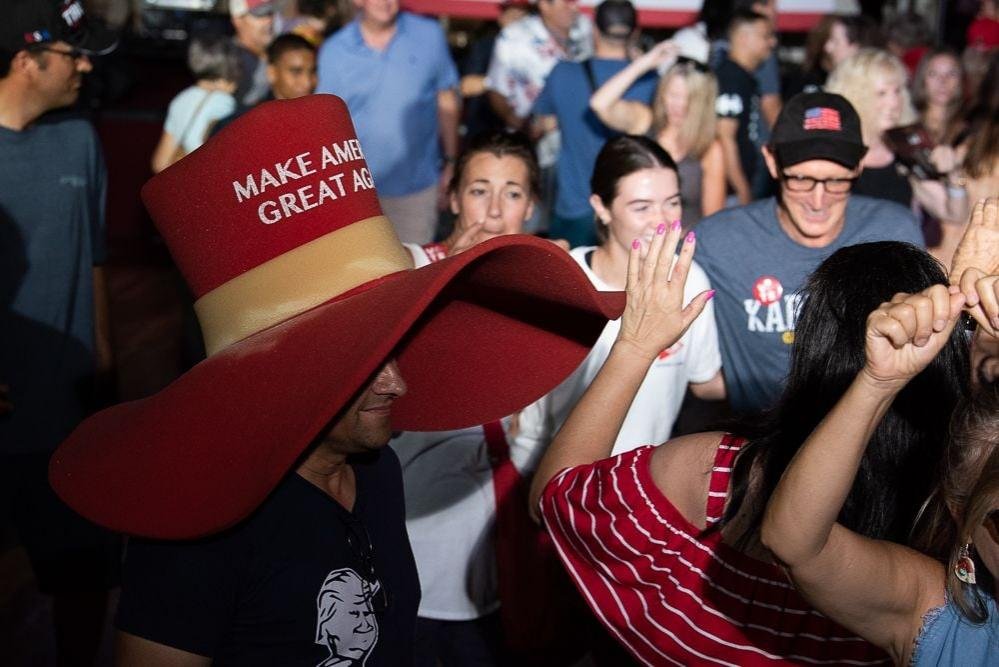history
9th Circuit Shoots Down Sanctions Against Alan Dershowitz in Kari Lake Election Case

The Ninth Circuit Court of Appeals has overturned a state court ruling that mandated financial sanctions against attorney Alan Dershowitz, involved in Kari Lake’s election-related lawsuit. This decision was reached on Friday, with the three-judge panel affirming the court’s authority to impose sanctions, yet clarifying that Dershowitz should not be held personally liable.
Judge Ronald Gould stated in the panel’s opinion that the precedent for sanctioning “of counsel” attorneys was not sufficiently clear in prior case law. As a result, Dershowitz is not to be held accountable for the monetary penalties originally imposed upon him. While Lake’s lawsuit alleged electronic voting machines were vulnerable to hacking, U.S. District Judge John Tuchi dismissed her claims for lack of substantiation.
In August 2022, Tuchi deemed Lake’s allegations as “too speculative” for legal standing, thereby dismissing the case. Although Dershowitz claimed he played a minor role, he was still ordered to pay $12,220 in attorney’s fees for purported violations of Rule 11, which holds attorneys accountable for false claims. The Ninth Circuit upheld sanctions against Lake’s lead attorneys, Andrew Parker and Kurt Olsen.
Dershowitz asserted that his involvement was limited to advising Parker on constitutional issues regarding the lawsuit, claiming he misidentified his role as “counsel” instead of “of counsel.” He argued that he was unaware that his name appeared on every legal document associated with the case, believing it was only pertinent to the First Amendment deliberations.
The Ninth Circuit clarified that even an attorney labeled as “of counsel” could face sanctions if they sign frivolous documents. Gould emphasized that Dershowitz had a responsibility to conduct a reasonable investigation into the facts at hand, suggesting that he could have identified the deficiencies in the plaintiffs’ pleadings.
During his appeal, Dershowitz contended that he should be exempt from sanctions, claiming that any violations would have occurred regardless of his participation. The panel dismissed this reasoning, citing the challenge in attributing specific arguments and drafts to individual attorneys.
Furthermore, Dershowitz’s argument regarding First Amendment rights was also rejected. The opinion pointed out that the right to petition does not extend to the maintenance of baseless legal proceedings. However, due to the lack of established precedent on sanctioning “of counsel” attorneys, the panel opted not to retroactively apply the rule.
In a related issue, the Ninth Circuit did affirm sanctions against Lake’s primary attorneys. Tuchi determined that the lead attorneys’ speculative claims lacked evidence and failed to perform an adequate pre-filing inquiry, thereby upholding the sanctions imposed.

















